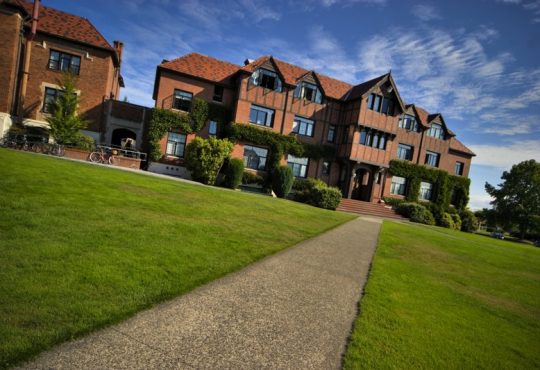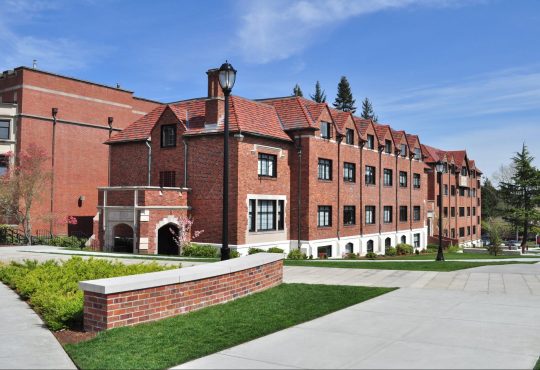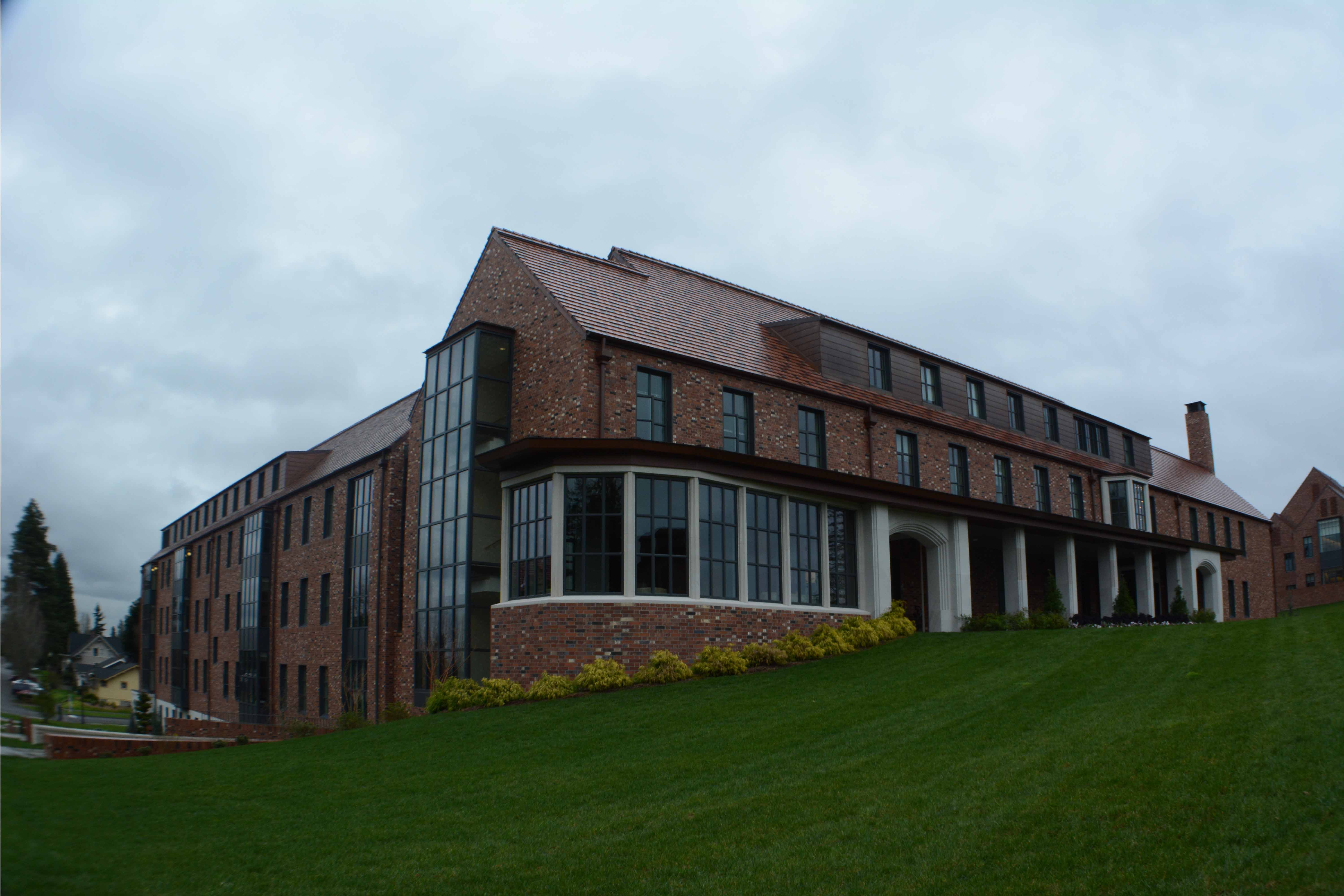
Many of you know that construction of a new dorm will begin in May of this year — “literally the day after you guys leave campus in May we will start building a dorm that will open in the fall of ’13,” as Mike Segawa told me. This coincides with the new residential policy, which requires students to live on-campus for the first two years of their time here at Puget Sound.
The policy will not affect the current freshmen, but incoming freshman of the next school year must abide by the requirement. Puget Sound is a few percentage points behind its national peer group in terms of retention. In order to address this issue, President Thomas created a Retention Task Force and appointed Mike Segawa as its leader.
According to Segawa, “We found a difference in mean GPAs for sophomores who live off-campus versus sophomores who live on, and a difference in retention rates… That’s why from a retention task force standpoint we took that research to my colleagues, the president’s cabinet and eventually took that to the board of trustees with the recommendation that we have a two year residential requirement.”
Currently Puget Sound has no residential requirement at all—“We were the outliers, it was really only us and Reed College that don’t have a residential requirement. As least one, most two, many had three or four years…There are places where we want to be different, we want to be unique, this isn’t one of those places,” Segawa said.
I think a two-year residential requirement seems like a step in the right direction for the school. Although I was eager to be free of dorm life and thought I would never look back after my freshman year, I have definitely begun to rethink my decision.
Speaking with sophomores who had moved off-campus, Segawa found that a number of students “felt more disconnected, met less people, the people they knew were the people they now knew and that was it. And that once they went home they didn’t come back to campus to meet with a faculty member or go to events. When they were home, they stayed home. It was more of a transition than they thought it would be.”
Personally, I have had a similar experience living off-campus. I don’t feel as much a part of the campus community anymore, and although I do feel more independent, I’m not sure I was entirely prepared to deal with all the stressors that go along with living in a house. I think the new requirement will help students form closer bonds with each other as well as a closer bond with the campus itself and the events that take place there. That being said, there are aspects of living in a house that I do enjoy—not getting written up is a big one, but also cooking and decorating my own space.
I have heard the complaint that with the new requirement there will be an increase in Greek membership. Segawa reiterated this sentiment but sees this as a possible benefit of the new policy.
According to Segawa, the new requirement will be “positive for the Greek community in terms of attracting students in that direction…Some sophomores, especially some men, will say, ‘well if I have to live on-campus I may as well think about living on Union Avenue.’” And Segawa views Greek membership as only beneficial for the school as a whole; “The values that are written down for them—it’s about scholarship, it’s about service, it’s about brotherhood and sisterhood. Well those are great. And most of our chapters pretty consistently try to live that out.”
While I am not entirely opposed to the Greek system, I think it tends to separate the Puget Sound community into distinct groups. Even Segawa would agree that there is less diversity among fraternities and sororities and that the values of scholarship, service, and brotherhood and sisterhood can be important to those who are not involved with Greek life.
While the increase in those who pledge may upset some, the new residential requirement will give students a chance to become closer with their peers before they have to lock down a house and decide on roommates. Students will also be more likely to branch out from the group of friends they established freshman year, creating a more connected community. So all in all, I think Segawa’s task force made the right call.
Photo Courtesy / PugetSound.edu




